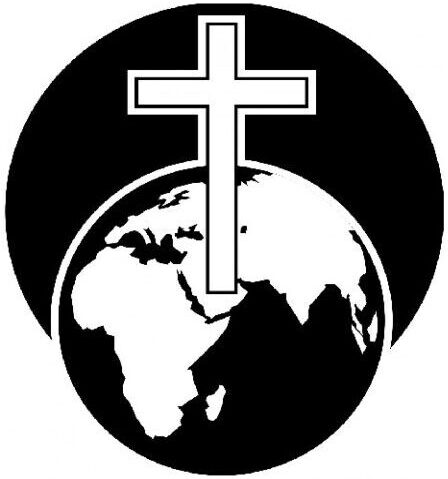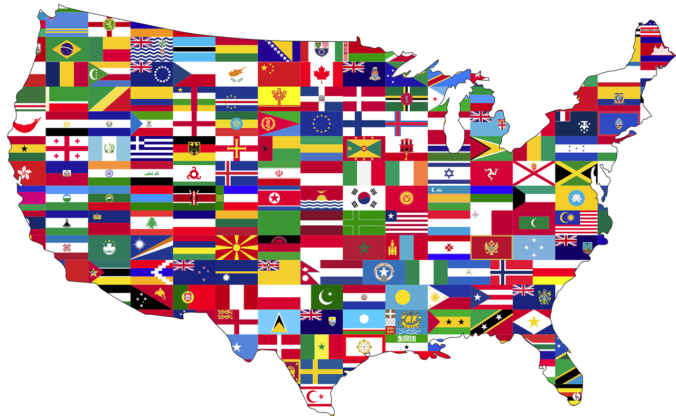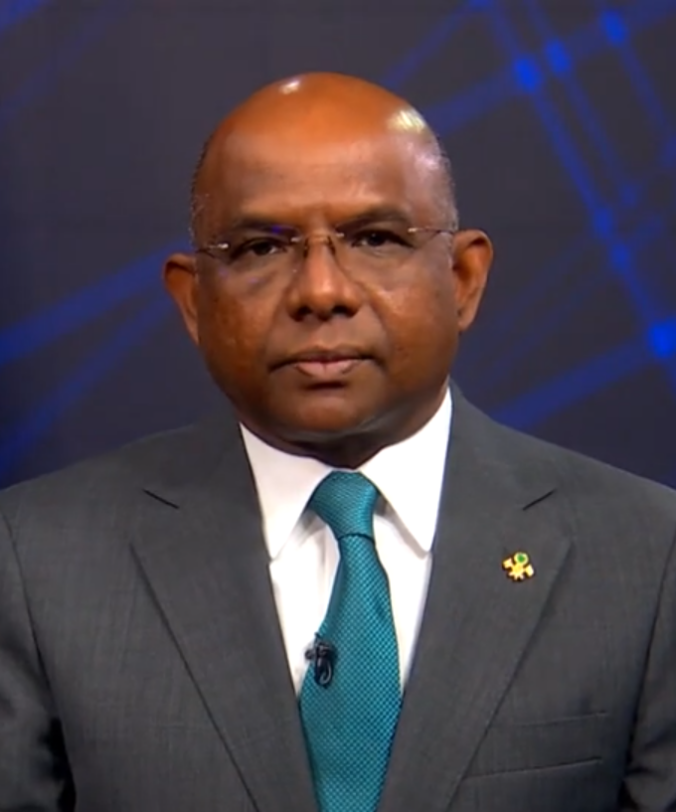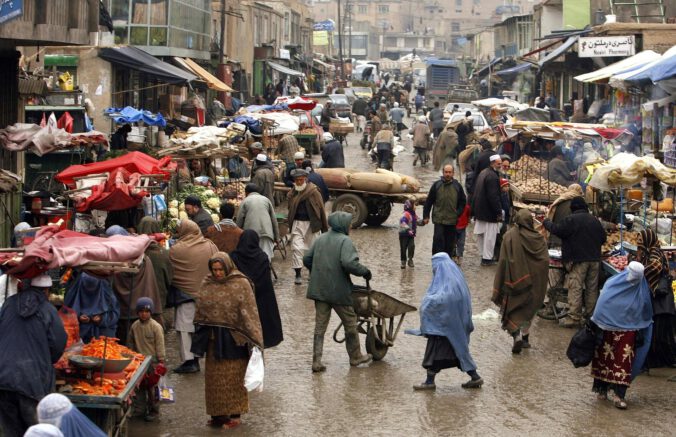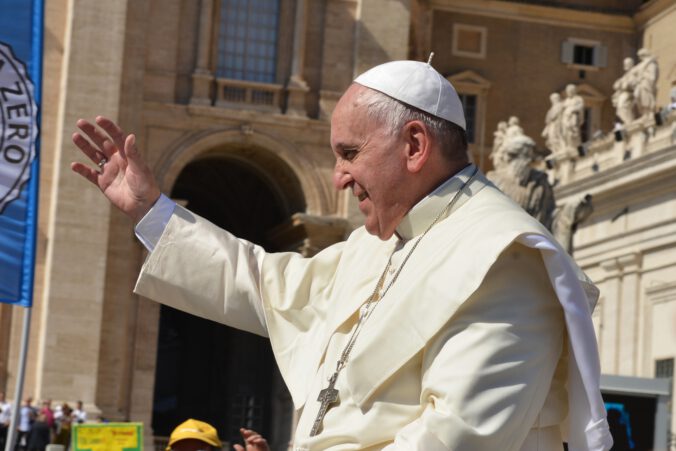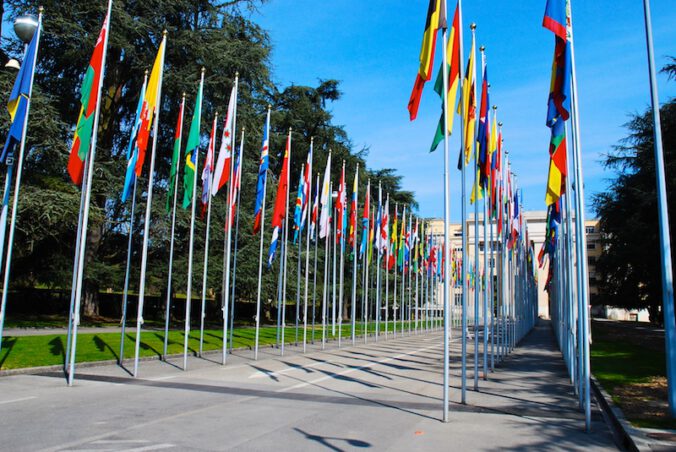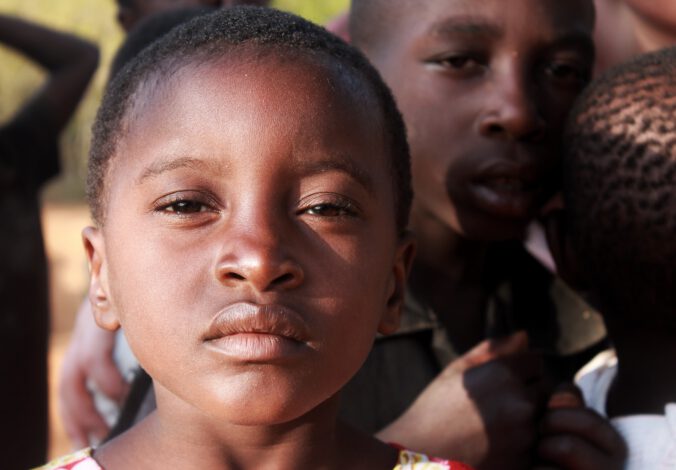Unless wealthy nations commit to tackling emissions now, the world is on a “catastrophic pathway” to 2.7-degrees of heating by the end of the century, UN Secretary General António Guterres warned on Friday.
This is far beyond the one to 1.5 degree Celsius threshold, agreed by the international community as part of the 2015 Paris Agreement.
The UN chief’s remarks came after the UN’s climate agency (UNFCCC) published an update on national climate action plans (officially known as Nationally Determined Contributions or NDCs) submitted by the 191 countries which signed Agreement.
The report indicates that while there is a clear trend that greenhouse gas emissions are being reduced over time, nations must urgently redouble their climate efforts if they are to prevent disastrous global heating in the future.
Not enough
The document includes updates to the NDCs of 113 countries that represent around 49% of global emissions, including the nations of the European Union and the United States.
Those countries overall expect their greenhouse gas emissions to decrease by 12% in 2030 compared to 2010.
“This is an important step,” the report points out, but insufficient, as highlighted by Mr. Guterres at Friday’s Forum of Major Economies on Energy and Climate, hosted by the President of the United States, Joe Biden.
“We need a 45 per cent cut in emissions by 2030, to reach carbon neutrality by mid-century…
It is clear that everyone must assume their responsibilities”, he emphasized.
70 countries indicated their embrace of carbon neutrality goals by around the middle of the century.
If this materializes, it could lead to even greater emissions reductions, of about 26% by 2030, compared to 2010, the report explains, according UN News.
Join the World Government Movement if you believe the world leaders should unite and work together to create a Paradise on Earth with the help of God.[ultimatemember_social_login id=691]
